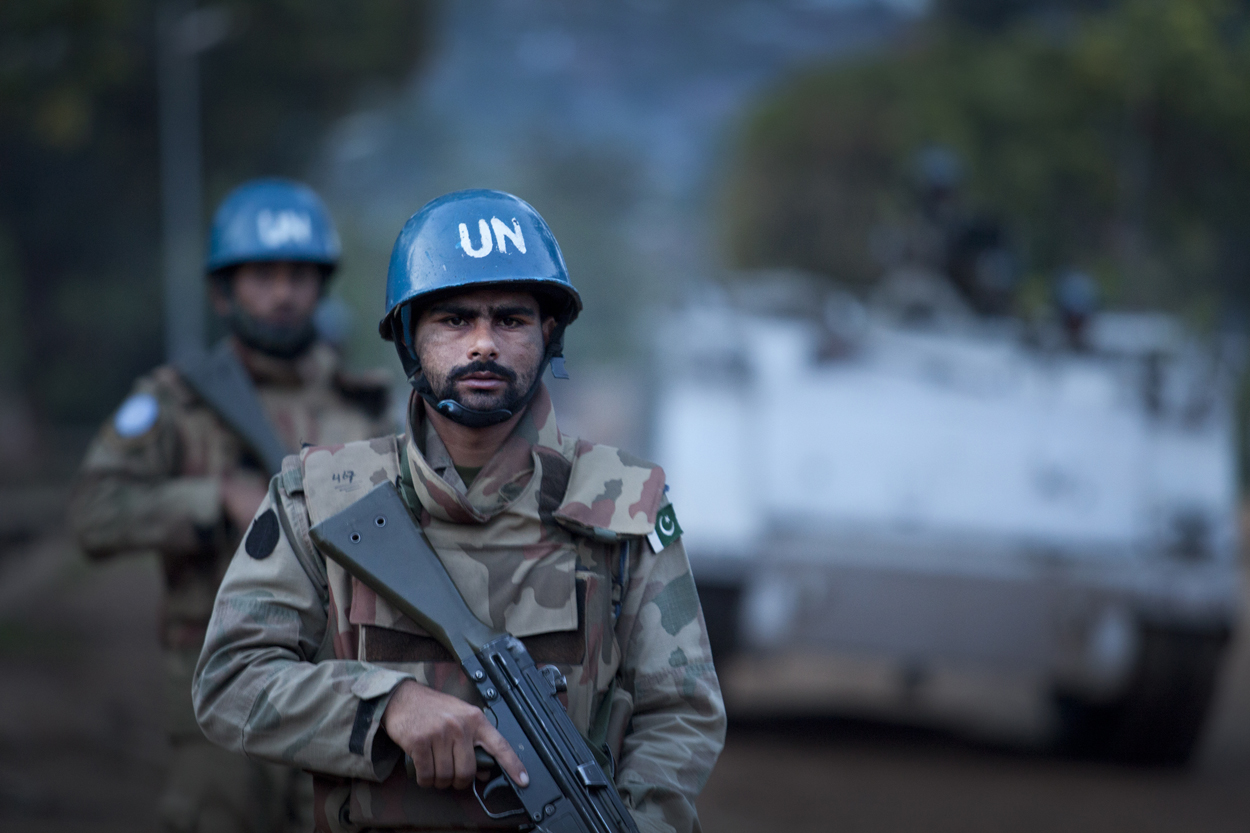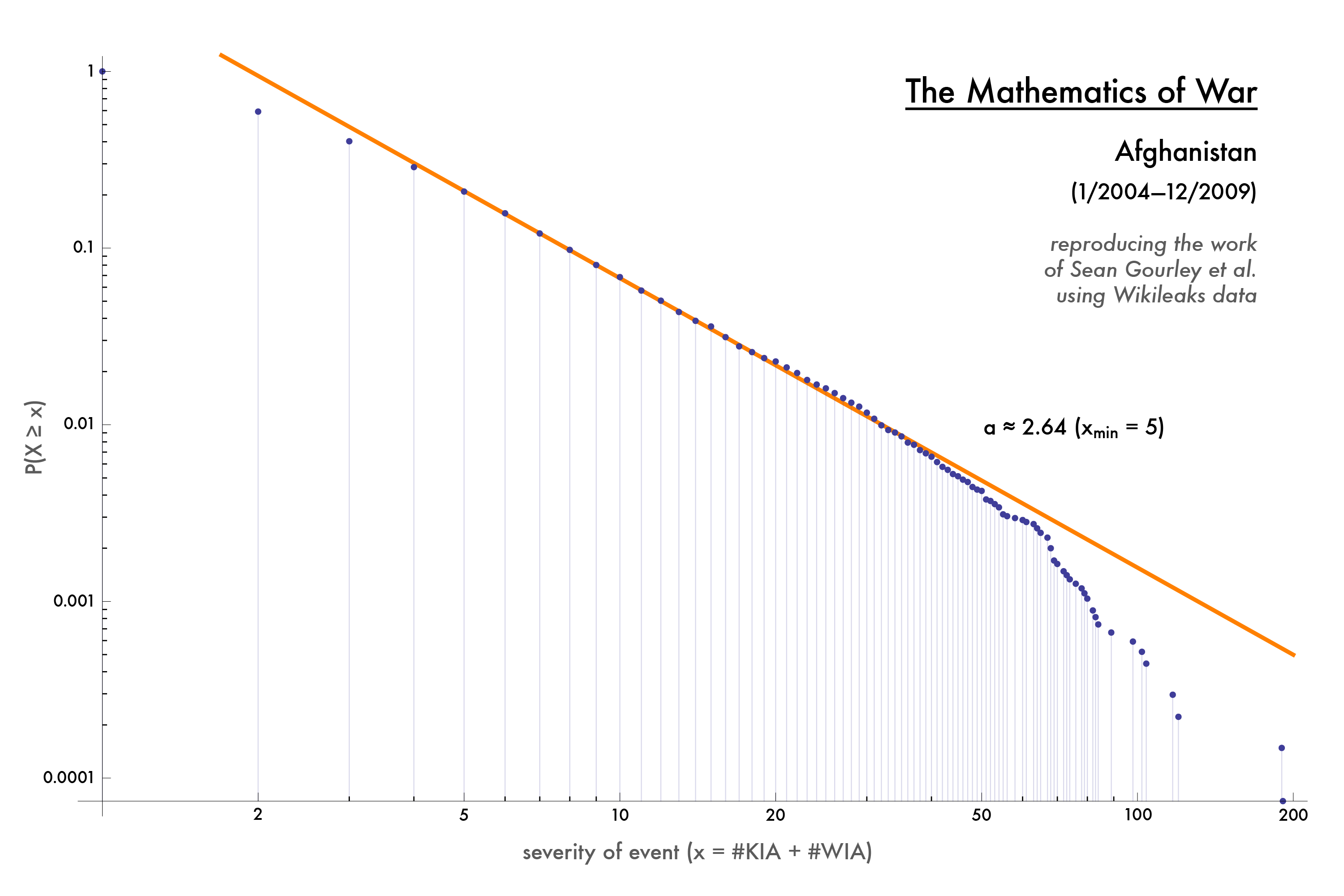Guest post by Kristine Eck and Dara Kay Cohen.
In the past two decades, research on political violence has flourished. More researchers are leveraging a greater array of sources and methods, including historical archival data, microlevel events datasets, interviews and focus groups, oral histories, ethnography, surveys and survey experiments, and field experiments.
While research on political violence has developed rapidly, questions of research ethics have also become more prominent. As a research community, we are well aware of the thorny challenges that arise when collecting and analyzing political violence data: access and trust, positionality and power, ensuring physical safety of respondents, the possibility of re-traumatization, the need to protect data, the degree to which data can ethically be shared, and the safety of the researcher and the research team. Faculty researchers and doctoral students are increasingly discussing and debating these issues.
But what about our undergraduate and master’s-level students, who conduct similar studies on political violence, albeit often smaller-scale and shorter in duration? Despite the rich literature on research ethics, the ethics of advising—enabling and encouraging student research on political violence—has, with few exceptions, been largely overlooked.
Why are master’s students conducting political violence research?
In academic programs across the world, students themselves seek to contribute to this field by conducting their own original research. We focus here on master’s-level students, who face unique constraints.
The research process is a critical aspect of students’ training. Engaging in research—perhaps especially during fieldwork—can instill in students the importance of evidence-based knowledge and allow them to gain experience collecting data, grappling with ethical dilemmas, and drawing inferences. Beyond skills, research can help students build empathy and learn about violence in the contexts where it occurs. These skills are necessary because many of our students go on to decision-making positions in governments, international organizations like the UN, INGOs, and activist movements more broadly.
Why should we be concerned about master’s students research ethics?
A number of features of student research can dramatically change the classic risk-benefit calculation, foundational to all considerations of research ethics. We highlight here four key considerations relating to master’s students’ research on political violence.
- (1) Lack of training
In numerous master’s programs around the world, training is focused on quantitative methods, with little or no time spent on qualitative methods or basic principles of ethical research. If not trained or required to engage with the ethics of their work, students may not think about them at all, focusing instead on logistics and practical considerations. As a result, students may operate unaware of potential risks to respondents’—and their own—physical and emotional well-being.
- (2) Condensed timeframes
Because the timeframe for master’s students’ research is often very brief (commonly, over school breaks in the summer or winter), shortcuts and risky decisions are more likely. Unlike faculty researchers and doctoral students who can pause projects when concerns arise, students are incentivized to push through in order to complete their studies. They are also unable to follow best practices regarding long-term relationships and reciprocity, such as returning to the research site to share findings.
- (3) Over-research and research fatigue
Many fragile and (post-)conflict locations suffer from research fatigue. Master’s students tend to travel to the same research sites. During the summer months, there can be an enormous rush of students to certain cities in fragile states. Over-research on particular topics, of particular populations, and in certain field sites is a problem for the entire discipline, but one that is compounded by unstymied seasonal streams of amateur student researchers. One consequence is that researched communities become less trusting of academic researchers in general and consequently are less likely to agree to participate in research.
- (4) Altered risk/benefit calculus
Researchers typically weigh potential risks to participants with the potential benefits generated through knowledge production, and the impact that research may eventually have on improving (vulnerable) people’s lives. However, master’s students research is rarely published or broadly disseminated. As a result, the benefits of student work accrue mainly to the individual student, in terms of completing their degree programs. Any risks to research participants—and any costs that they may be asked to bear, potentially including their time and emotional labor—are therefore less justified.
Oversight processes
While faculty and doctoral students in many countries (including Sweden and the US) are required to obtain an ethics reviews for research involving human participants and on sensitive topics, only sometimes are master’s students allowed or required to do so. It is often not clear who—or what—institutional entity, if any, is responsible for overseeing master’s students research.
Swedish law, for example, does not allow for student work to be evaluated by the same ethics review boards that faculty scholars can access. In the US, master’s theses that have a real-world client—or are otherwise not broadly “generalizable”—may not be eligible for review by a university’s Institutional Review Board (IRB).
Based on our conversations with other scholars, oversight for master’s students’ research seems to fall into three categories:
(1) the institution allows master’s students to apply for ethics board approval;
(2) master’s students cannot apply for ethics board approval and the institution has not (yet) considered this problematic, so students pursue their research without any formal oversight;
(3) master’s students cannot apply (or are ineligible to do so, due to the nature of their project) for ethics board approval and the institution has made attempts to innovate alternative oversight mechanisms.
Our institutions both fall into the last category. We are both experimenting with ways to provide enhanced research ethics instruction and an internal application and evaluation process. Ensuring ethical oversight of master’s-level research is complex and challenging, and we have struggled to find ways to ensure that our students are choosing topics and methods that entail less risk, and that they have taken the necessary steps to mitigate harms to others and to themselves. We suspect we are not alone in this.
A call to engage
Our view is that scholars working on topics like violence and trauma have a special obligation to ensure that our research—and that of our students—is done ethically. We propose to start a community-wide conversation with faculty colleagues overseeing master’s students research across the globe. Research ethics are not straightforward, and how we think about them is heavily influenced by our accumulated experiences gained from a vast array of contexts with many different research methods. We have much to learn from each other.
Our goal is to collect ideas and to share strategies to address the key issues we identified—and any others—and contribute to ways that we might collectively strengthen how we train and advise our master’s students around the world.
You can reach us at kristine.eck@pcr.uu.se and dara_cohen@hks.harvard.edu.
We are grateful to participants in the Ethical Engagement in Conflict Research workshop for inspiration and advice.
Kristine Eck is Associate Professor of Peace and Conflict Research at Uppsala University. Dara Kay Cohen is Ford Foundation Associate Professor of Public Policy at the Harvard Kennedy School.




